Security – Hotel Security Department Organization Chart
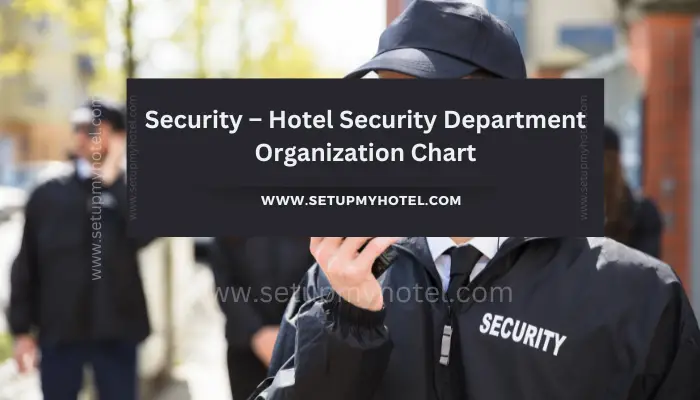
Sample Organization Chart For Hotel Security Department No two hotels have identical security requirements. National Security Standards are not suitable ...
Read more
Security – Hotel Security Department Self Inspection Checklist
Hotel Security Self Inspection Checklist Since Transient guest do not have the sense of territory or the ability to easily ...
Read more
Security – Different Types Of Security Staffing In Hotels
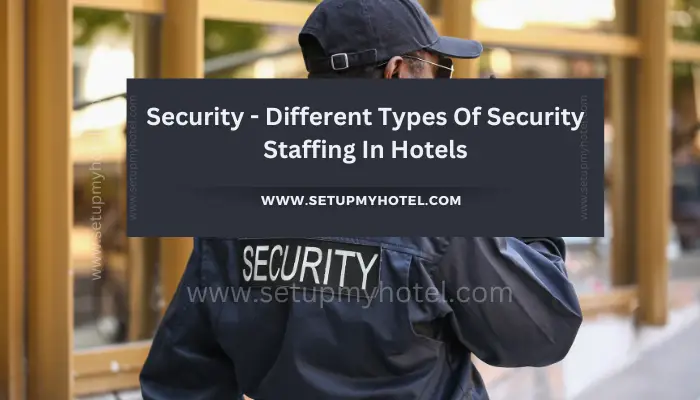
Types of Security Staffing in Hotels Security is a crucial aspect of any hotel business. It is essential to ensure ...
Read more
Security – Types Of Safety Equipment’s Used In hotel Industry
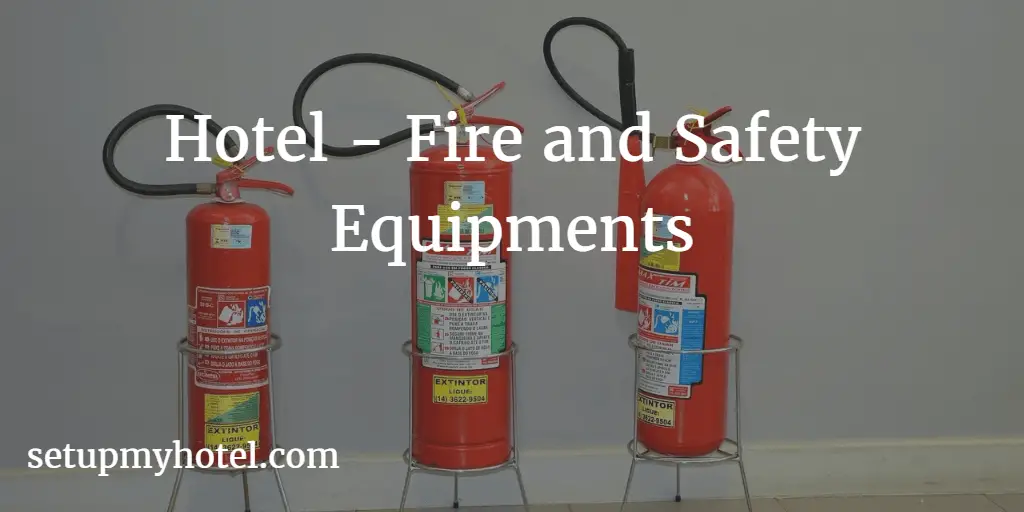
Types of Safety Equipment Used in the Hotel Industry Safety is a top priority in the hotel industry, both for ...
Read more
Security – List Of Hotel Guest Room Security Equipment’s
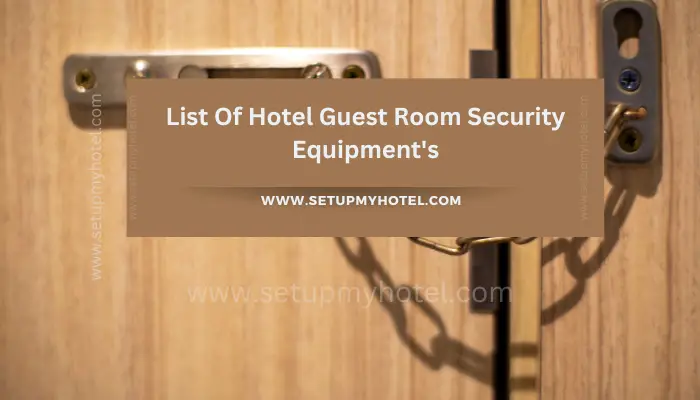
Hotel Guest Room Security Equipment’s When it comes to hotel guest room security, there are a variety of equipment options ...
Read more
Security – Types Of Guest Room Locks Used In Hotels
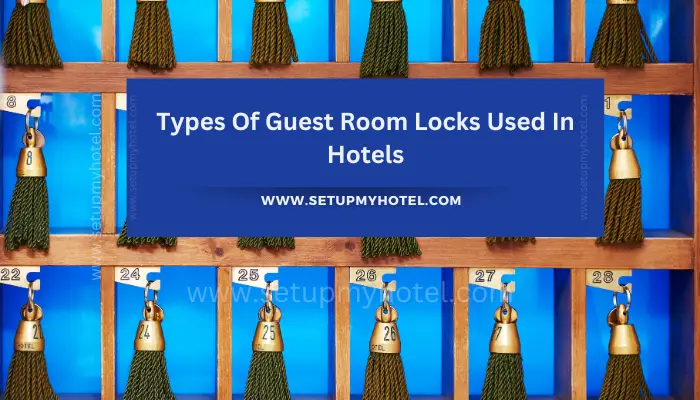
Types of guest room locks used in hotels Guest room Security locks can be a critical aspect of guest protection. ...
Read more
Store – Materials Purchasing And Receiving Policy In Hotels

Materials Purchasing and Receiving Control and Policy Hotels and restaurants must purchase a wide variety of products, supplies, and services ...
Read more
Security – Health Clubs And Jogging Trails Safety And Security

Health Clubs and Jogging Trails Safety and Security When it comes to health clubs and jogging trails, safety and security ...
Read more
Store – Storage And Issuing Policy And Procedure In Hotels

Storage and Issuing Process in Hotels After items are received and verified, they should be immediately moved to locked storage. ...
Read more
Finance – Inventory Control Procedure And Tips For Hotels | Resorts

How to Control Inventory in Hotels | Resorts Effective inventory control is essential for hotels and resorts to ensure that ...
Read more









